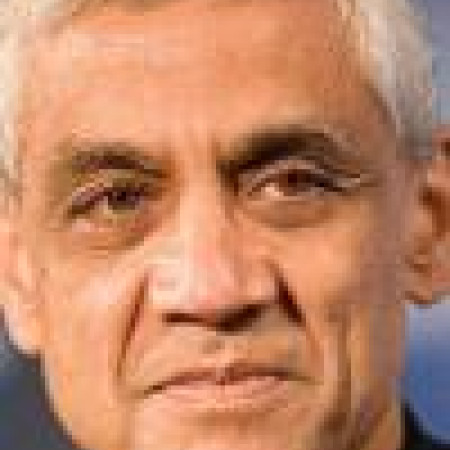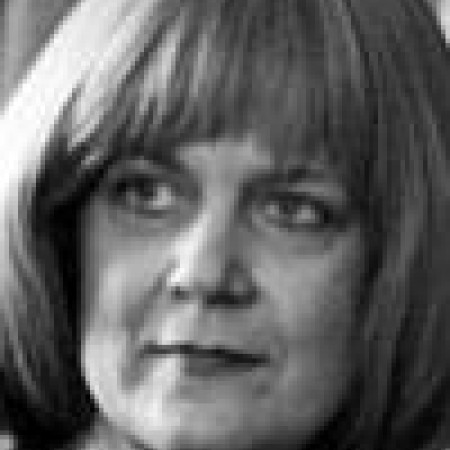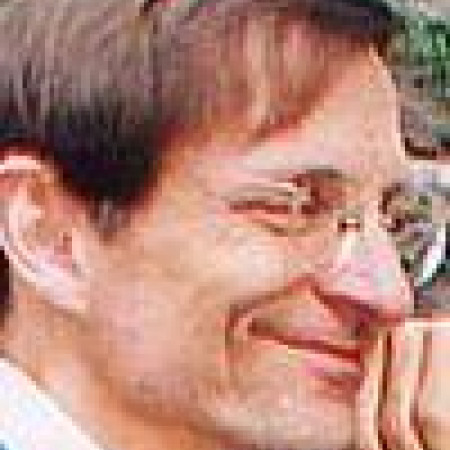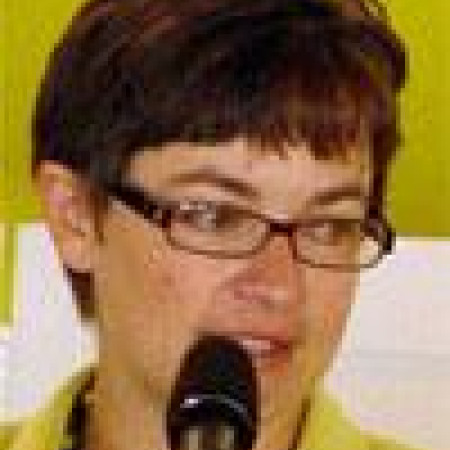Panel Discussion - Skoll World Forum: Nationality and Nationalism
Social enterprise can both ease the terrible consequences of the insularity inherent in nationalism, and enhance the positive opportunities for social change within established heritage and cultural traditions. In this panel discussion, sponsored by the Stanford Center for Social Innovation, experts consider topics ranging from multiculturalism within countries to cross-national and international cultural challenges and opportunities.
















